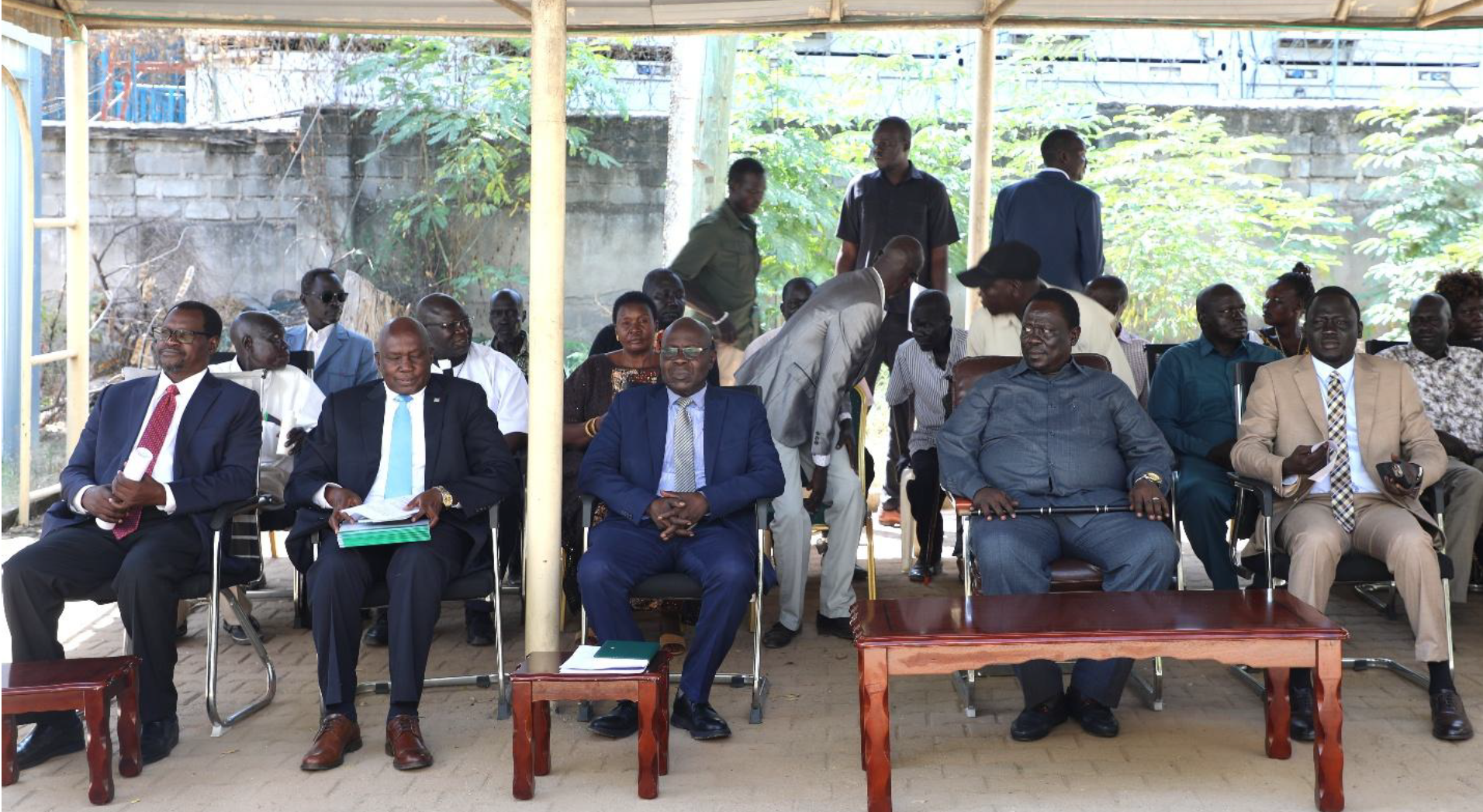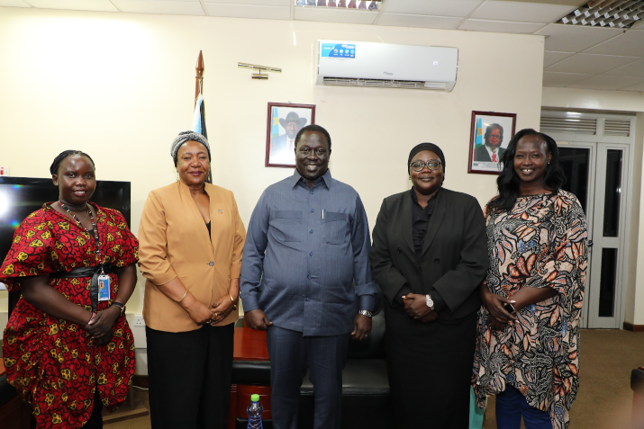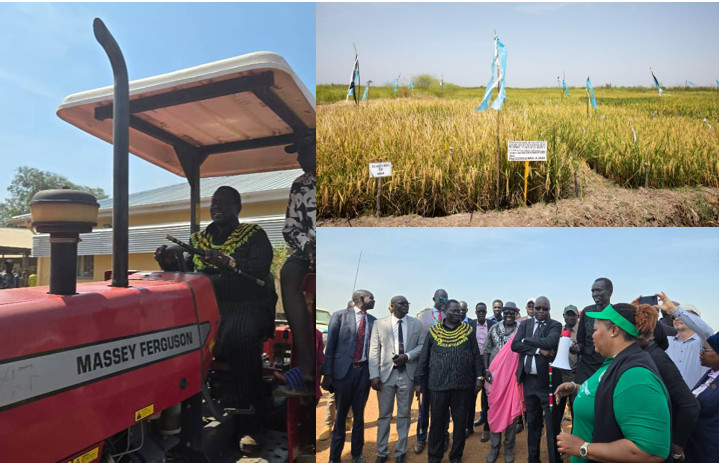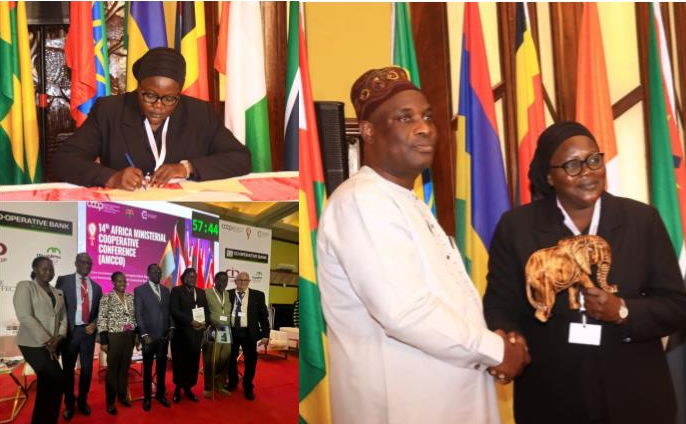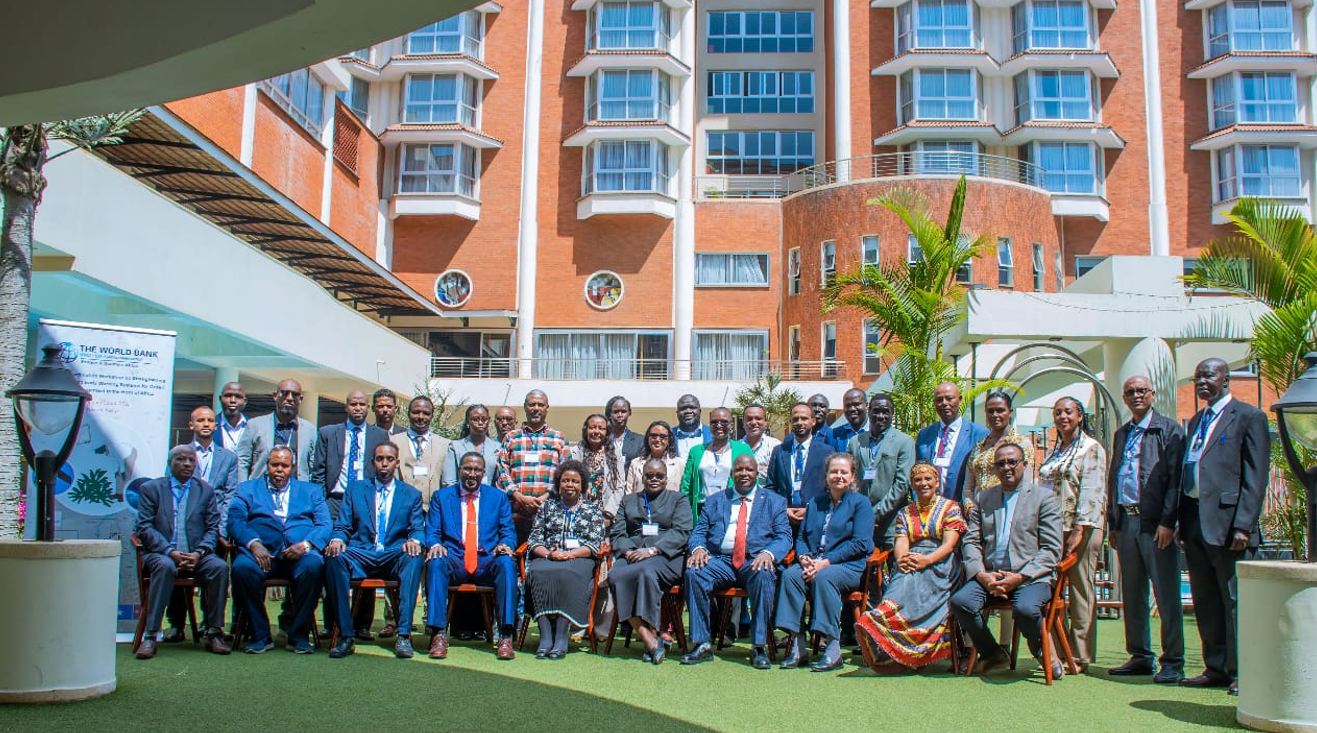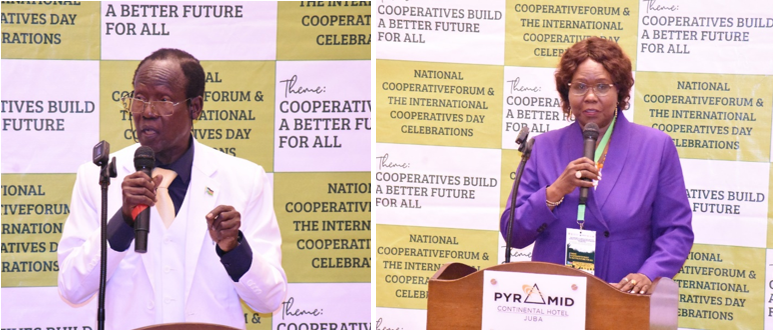
On Thursday July 25, 2024, South Sudan joined the rest of the world to celebrate the international Cooperatives day and launched the National Cooperatives Forum. Speaking during the event’s opening, Dr. James Wani Igga, South Sudan’s Vice President and Chairperson of the Economic Cluster, praised cooperatives for serving as the foundation for grassroots economic development. He delivered a eulogy to South Sudan’s cooperative development, which began with the Addis Ababa Agreement in 1975, and honoured some major national figures who have championed its progress despite clear hurdles to date.
On December 16, 1992, the United Nations General Assembly proclaimed in a resolution 47/90 that the first Saturday of July 1995 to be International Day of Cooperatives, marking centenary of the establishment of the International Cooperatives Alliance. Ever since, International Cooperatives Day has been observed alongside International Cooperatives Alliance Day. This year, cooperatives around the world came together to celebrate the day under the theme “Cooperatives Building a Better Future for All,” and the Ministry of Agriculture and Food Security (MAFS) organized the event in South Sudan in collaboration with the UN Food and Agriculture Organization (FAO), Cooperatives Bank, CICI Insurance, and Alpha Bank.
The event in South Sudan coincided with the launch of the National Cooperatives Forum, bringing together key MAFS officials and state ministers of cooperatives to discuss ways of supporting cooperatives with the goal of building their capacities so that they can contribute to economic development through increased agriculture production, market participation among others.
HE. Prof. Dr. James Wani outlined the critical nature of cooperatives, emphasizing that they are characterised by their voluntary and open membership, democratic governance, independence, interaction with other cooperatives and focus on rural development.
“Cooperatives thrive in every part of the economy. In agriculture, energy, information technology, housing, health, and finance”, he added.
HE. Igga noted that for cooperatives to be effective, gender equality must be accomplished to ensure that women have equal rights by empowering women and girls. He called upon cooperatives stakeholders and other related financial players to strengthen democracy by giving members a framework for democratic involvement in cooperative governance and more general policy.
South Sudan’s Minister of Agriculture and Food Security, Hon. Josephine Lagu, argued that the government relies heavily on cooperatives to modernize agriculture, enhance food security, provide sustainable livelihoods, lessen poverty, and spur economic growth.
“Since the signing of the Comprehensive Peace Agreement (CPA) in January 2005, the government of the Republic of South Sudan developed a cooperative development strategy with the overall objective of strengthening the capacity of cooperatives to improve livelihoods, reduce poverty, and stimulate inclusive growth among the people of South Sudan. We pursued this objective bearing in mind a community enjoying access to education, and training and other social services, microfinance, employment, improved livelihoods and economic assets”, she added.
Hon. Josephine Lagu reiterated that cooperatives can be used to transform agriculture and food security to address the persistent problems of poverty and food insecurity that we have in the country, stating that it is a tool that can be used to effect economic growth. She added that the national cooperatives forum is being launched to serve the purpose of “organizing the cooperatives from the village to the national level”, emphasising that “we would like it to be done faster and sooner”.

